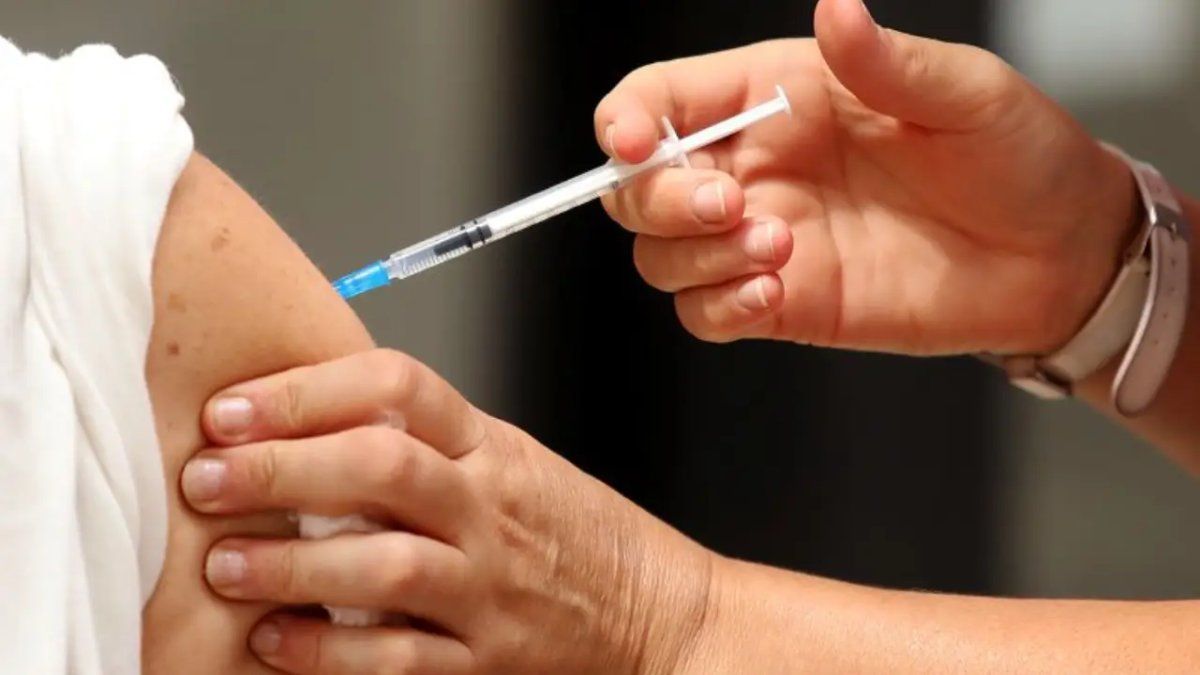In a world where science and medicine have made impressive advances, vaccination remains one of the most effective and safe interventions to guarantee our health and that of future generations. This year, with the motto “Your decision makes a difference. Immunization for all“, the Vaccination Week in the Americas (SVA), which is celebrated from April 27 to 30, It invites us to reflect on the importance of vaccinating and keeping the immunization calendar up to date, not only for our own health, but for collective well -being.
Immunization is a responsible and supportive act. It is a commitment to ourselves, with our families and with our communities. Vaccines protect us from serious diseases such as measles, polyomyelitis, hepatitis B and tetanus, among many others. Although vaccination rates have improved over the years, there are still gaps that we must close. Disinformation and erroneous beliefs about vaccines remain a barrier that puts public health at risk.
One of the most common myths is the fear of assumptions Side effects in the long term of vaccines. However, this concern lacks foundation. Vaccines go through rigorous scientific studies and are constantly monitored to guarantee their safety. It is important to remember that the risk of suffering from vaccination preventable diseases, such as measles or polyomyelitis, is much greater than that of any side effect related to the vaccine. The adverse effects of vaccines are extremely rare and, when they occur, they are generally mild and temporary. Science has demonstrated again and again that vaccines are safe and that their benefits far exceed any possible risk.
It is vital to understand that vaccination is not only an individual act, but a collective act. While maintaining good personal hygiene, such as frequent hand washing, it is essential, we cannot depend solely on these measures to prevent diseases. Many infections can spread rapidly through various media, and the only effective way to stop their spread is mass immunization. History has demonstrated: diseases that we had previously eradicated, such as measles, are returning because an insufficient number of people is vaccinated.
The impact of low post-pandemic vaccination
One of the most alarming effects of the Covid-19 pandemic has been the interruption of vaccination programs in many parts of the world. During confinement, immunization campaigns were suspended or reduced, which resulted in a significant fall in vaccination rates, especially in developing countries. This fall not only puts the health of individuals who have not received the recommended vaccines at risk, but also threatens to retreat the advances achieved in the fight against preventable diseases.
The decrease in vaccination rates has triggered new shoots of diseases that we had managed to control, such as measles, polyomyelitis and diphtheria. These outbreaks are a reminder that infectious diseases do not respect borders or time, and that when we stop vaccinating, we open the door to the reappearance of epidemics that could have been avoided.
In addition, the increase in misinformation and doubts about vaccines, exacerbated during pandemic, have made it harder to recover the population’s confidence in immunization programs. Vaccination resistance, fed by unfounded rumors and conspiracy theories, has contributed to low vaccination coverage and the persistence of gaps in protection against infectious diseases.
Pandemia has made it clear that threats to global health are changing, but also that vaccination remains one of the most powerful and effective tools to protect us all. Now more than ever, it is essential that we resume and reinforce immunization programs to avoid the resurgence of mortal diseases.
Vaccination is also a right and responsibility that we must assume from an early age. Children under two years of age, for example, do not develop enough natural immunity after having suffered preventable diseases, which underlines the importance of following the vaccination scheme established in the national calendar. Over the years, immunization has managed to save millions of lives and avoid unnecessary suffering, but to continue advancing, we must keep our high vaccination rates.
Even Pregnant women should be vaccinated to protect themselves and their babies from serious diseasessuch as influenza, tetanus or whore cough. Vaccines are an effective way to prevent complications for both the mother and the child, and should not be feared, but celebrated as a crucial advance in medicine.
Vaccination week in the Americas is an opportunity to reflect on the importance of immunization, educate the population and combat misinformation. Each decision we make in relation to our health has a direct impact on the health of others. Upon vaccinating, we not only protect ourselves, but we are also contributing to the protection of those who cannot be vaccinated, such as newborns, immunocompromised people and older adults.
In short, vaccines are a fundamental pillar for a healthy society. They are a simple, safe and effective prevention tool, which continues to prove to be one of the greatest advances in public health history. If we all make the decision to vaccinate and maintain our immunizations up to date, we will be building a healthier, responsible and supportive society.
It’s time to act!
National Medical Director – Ospedyc
Source: Ambito
David William is a talented author who has made a name for himself in the world of writing. He is a professional author who writes on a wide range of topics, from general interest to opinion news. David is currently working as a writer at 24 hours worlds where he brings his unique perspective and in-depth research to his articles, making them both informative and engaging.




